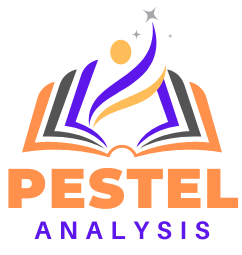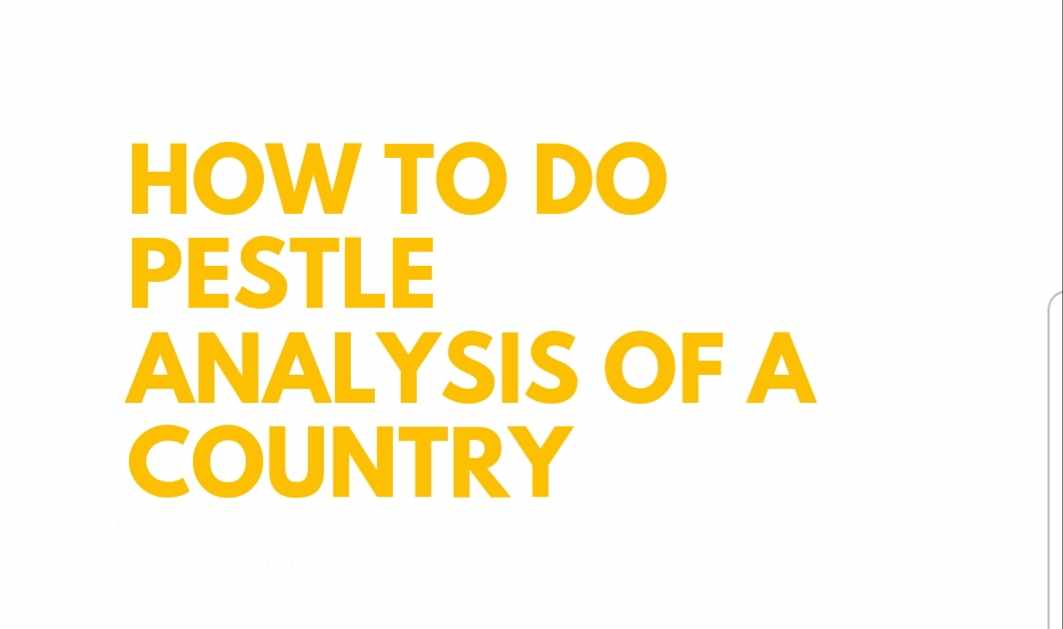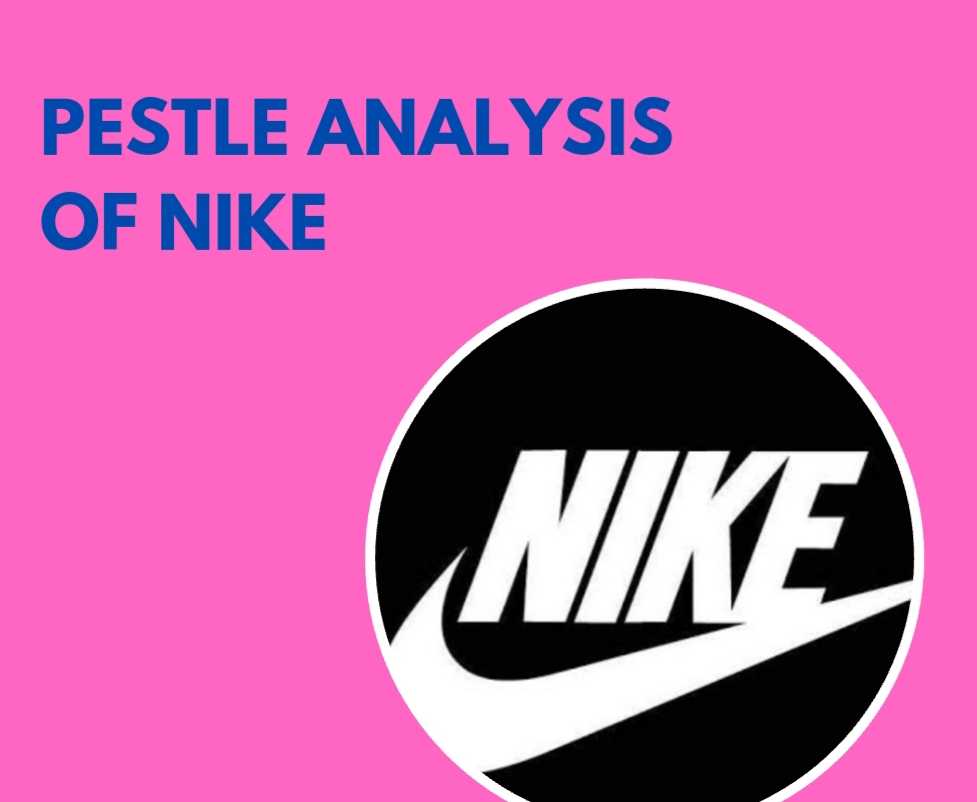ASOS, a global fashion retailer renowned for its digital presence and trend-setting approach, operates within a dynamic and ever-evolving market. To understand its positioning and potential trajectory, a comprehensive analysis is imperative. This PESTLE analysis delves into the macro-environmental factors impacting ASOS, ranging from political and economic influences to societal, technological, legal, and environmental considerations. By examining these external forces, stakeholders gain insight into the opportunities and challenges shaping ASOS’s strategic decisions and operational landscape in the fashion industry.
Table of Contents
ToggleASOS Political Factors
Political factors significantly influence ASOS’s operations and strategies, as the company operates in multiple countries, each with its own political landscape. Government stability, trade policies, taxation laws, and regulations related to labor practices and product safety are among the key political factors impacting ASOS. For instance, changes in trade agreements or tariffs can affect the cost of goods imported and exported by ASOS, impacting its pricing strategy and profitability. Additionally, political instability in certain regions can disrupt supply chains and logistics, posing challenges to ASOS’s global operations. Moreover, regulations related to labor standards and environmental practices can influence ASOS’s sourcing decisions and corporate social responsibility initiatives. Therefore, staying abreast of political developments and fostering positive relationships with governments are crucial for ASOS to navigate the complexities of the political landscape.







